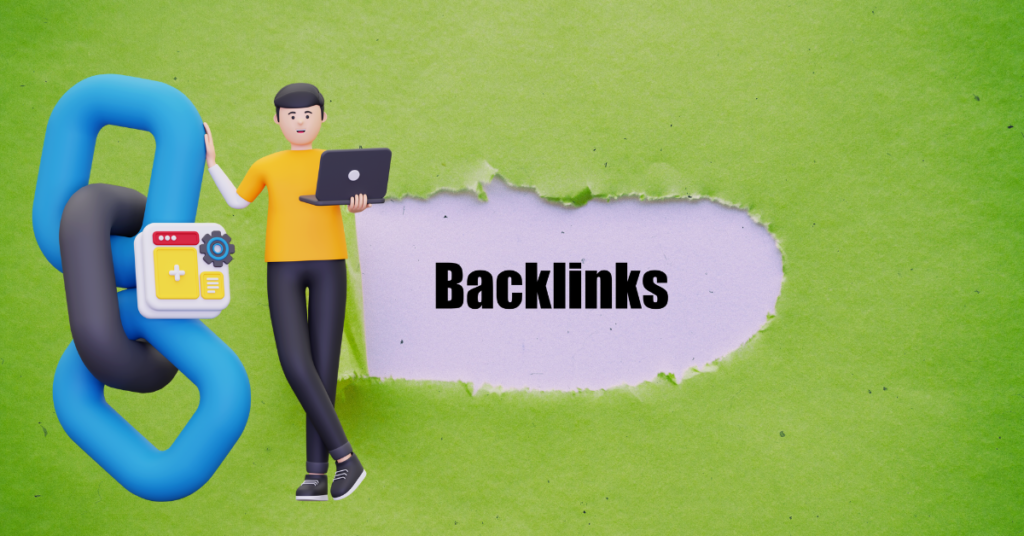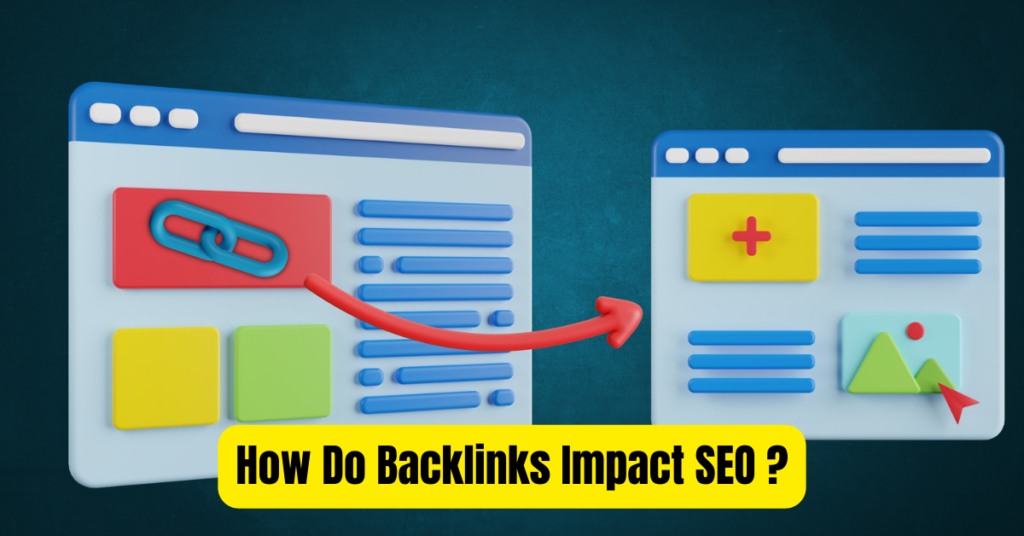Introduction to External Links:
External links, or outbound links, are hyperlinks that direct users from one website to another distinct domain. Unlike internal links, which navigate within the same site, external links bridge different websites, fostering a network of interconnected content across the web.
Historical Context
The concept of external linking dates back to the early days of the internet when Tim Berners-Lee, the creator of the World Wide Web, envisioned a system where information could be freely accessed and interconnected. External links have since evolved to become a cornerstone of web navigation and SEO.

Relevance in Modern SEO
In today’s digital landscape, external links are indispensable for SEO. Search engines like Google use these links to gauge the credibility and relevance of web pages, influencing their ranking in search results. High-quality external links from authoritative sources can significantly enhance a site’s SEO performance.
Types of External Links
DoFollow Links
DoFollow links are standard hyperlinks that allow search engine crawlers to follow them, passing on link equity or “link juice” to the destination page. These links are essential for improving the SEO value of the linked site.
NoFollow Links
NoFollow links include a specific attribute (rel=”nofollow”) that instructs search engines not to follow the link or pass any link equity. While they don’t directly impact SEO rankings, NoFollow links are still valuable for driving traffic and increasing visibility.
UGC Links
UGC (User Generated Content) links are tagged with the attribute rel=”ugc” to indicate that the link is generated by users, such as in comments or forum posts. This helps search engines distinguish between editorial content and user contributions.
Sponsored Links
Sponsored links, marked with the rel=”sponsored” attribute, identify links that are paid for or part of advertising campaigns. These links are crucial for maintaining transparency and ensuring compliance with search engine guidelines.

The Role of External Links in SEO
Enhancing Authority
External links from reputable sites enhance the authority of your website. When high-quality sites link to your content, it signals to search engines that your site is a trustworthy source of information.
Improving Trustworthiness
Linking to authoritative sources within your content also boosts your site’s trustworthiness. It shows that you are providing well-researched, credible information, which can positively impact user perception and SEO rankings.
Increasing Relevance
External links help search engines understand the context and relevance of your content. By linking to related high-quality content, you demonstrate the relevance of your site within your niche, improving your chances of ranking higher for relevant search queries.
Benefits of External Links
Boosting Search Engine Rankings
High-quality external links contribute to better search engine rankings by enhancing your site’s authority and relevance. Search engines view these links as endorsements of your content, which can lead to higher placement in search results.
Driving Referral Traffic
External links are an excellent source of referral traffic. When users click on a link to your site from another reputable site, it can drive targeted traffic interested in your content, products, or services.
Building Relationships and Partnerships
External linking can help build relationships with other websites and bloggers in your niche. By linking to their content, you open the door for potential collaborations, guest posting opportunities, and reciprocal links, fostering a sense of community and mutual growth.
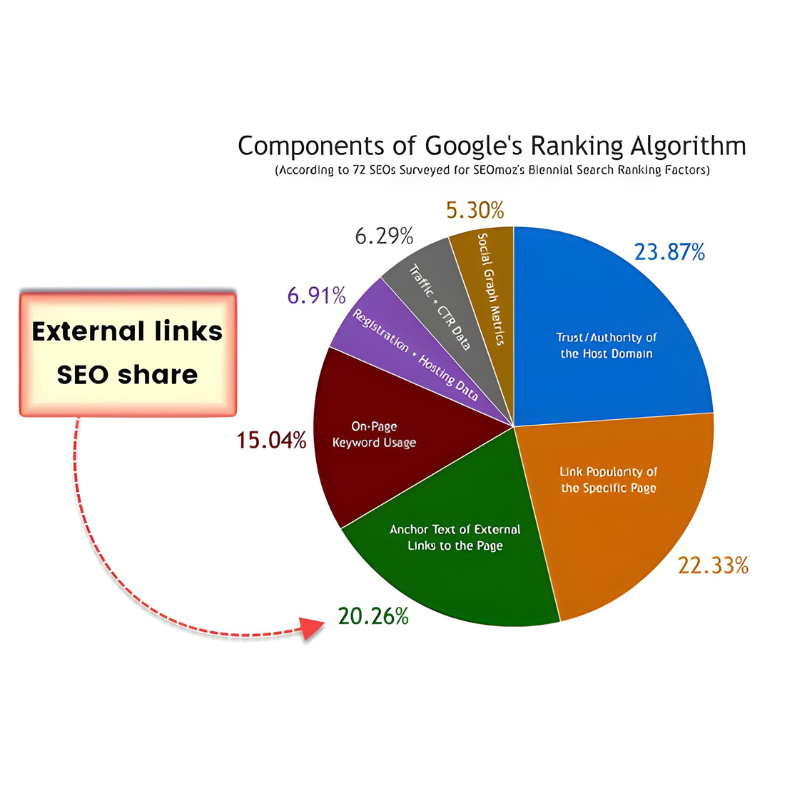

Best Practices for Using External Links
Linking to High-Quality Sites
Always link to high-quality, authoritative sites relevant to your content. This not only boosts your SEO but also enhances the value you provide to your readers.
Ensuring Relevance of Links
Ensure that the external links you include are directly relevant to the topic at hand. Irrelevant links can confuse readers and may be seen as spammy by search engines.
Using Natural Anchor Text
Use descriptive, natural anchor text that clearly indicates what the linked page is about. Avoid generic phrases like “click here” and aim for keyword-rich anchor text that provides context for both users and searcher.
Challenges and Solutions in External Linking
Dealing with Broken Links
Broken links can harm your site’s SEO and user experience. Regularly check for and fix broken links using tools like Broken Link Checker to maintain the integrity of your external linking strategy.
Managing Link Rot
Link rot occurs when linked content becomes outdated or removed. Combat this by periodically reviewing your external links and updating or replacing them as needed to ensure they remain valuable and relevant.
Preventing Link Spam
Avoid link spam by only linking to reputable, high-quality sites. Monitor your external links to ensure they aren’t being used in a spammy manner, which could negatively affect your SEO.
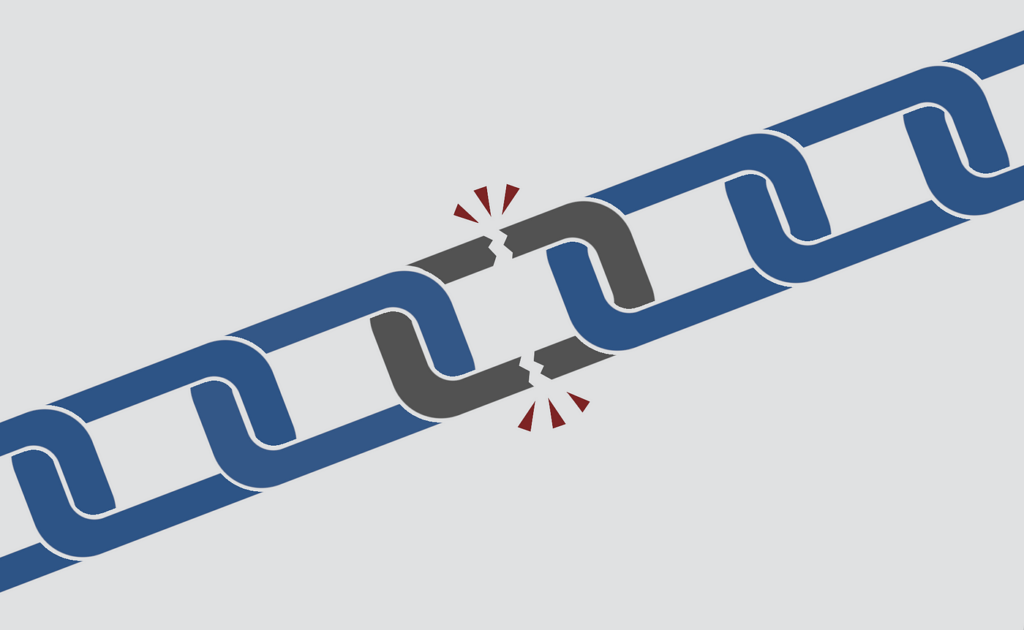
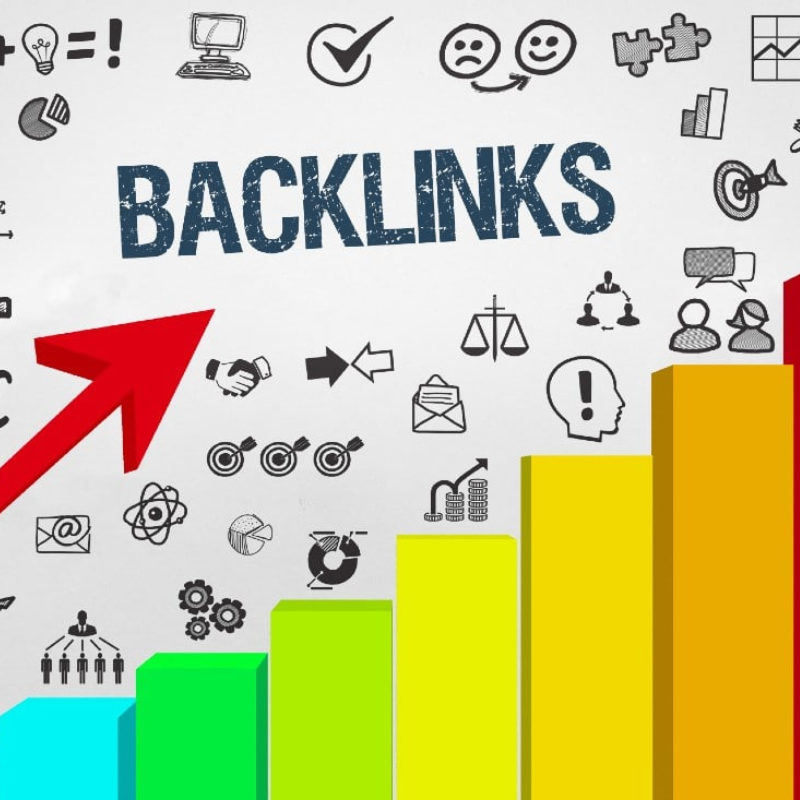
Future Trends in External Linking
Evolving Search Engine Algorithms
Stay informed about changes in search engine algorithms that may affect external linking strategies. As search engines evolve, so do the best practices for external links, making continuous learning essential.
Increasing Importance of Link Quality
Quality over quantity will continue to be a significant trend. Focus on obtaining and providing high-quality links that offer real value to users and align with your content.
Integration with Content Marketing
External linking will increasingly integrate with content marketing strategies. Creating link-worthy content that naturally attracts high-quality external links will be crucial for SEO success.
External Links and Content Marketing
Synergies Between SEO and Content Strategy
External links are a bridge between SEO and content marketing. By creating high-quality, informative content, you can naturally attract external links from reputable sources, boosting both SEO and content strategy.
Creating Link-Worthy Content
To attract external links, focus on creating valuable, engaging, and original content. Comprehensive guides, case studies, and infographics are examples of link-worthy content that other sites are likely to reference.
Outreach and Link Building
Effective outreach strategies can help secure external links from authoritative sites. Build relationships with influencers and bloggers in your niche to encourage them to link to your content.
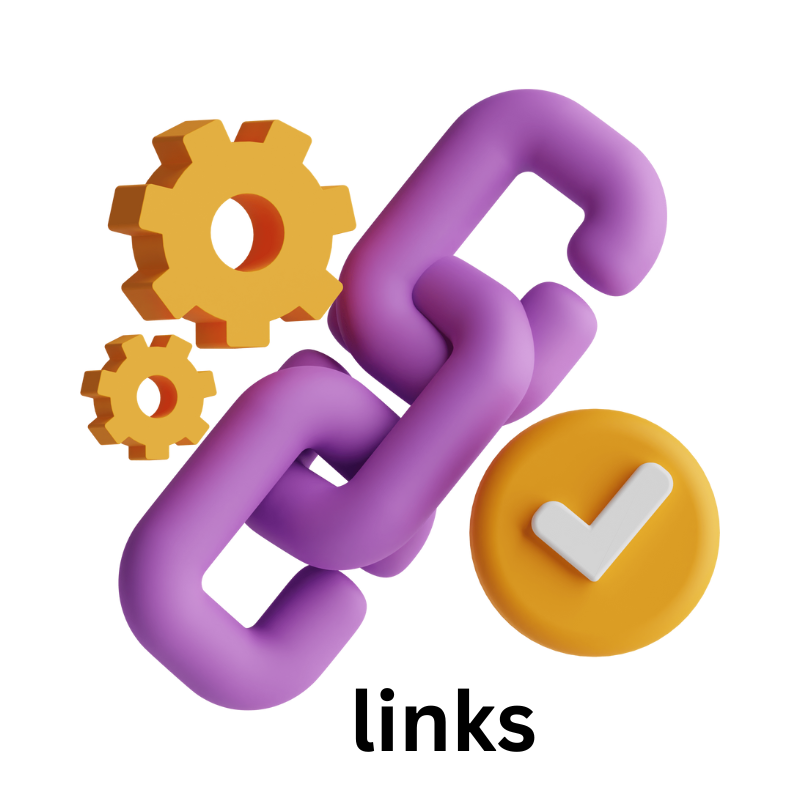
FAQs About External Links in SEO
- What are external links?
- External links, also known as outbound links, are hyperlinks that point from your website to another website.
- Why are external links important for SEO?
- External links are important because they enhance your site’s authority, relevance, and credibility, which can improve your search engine rankings.
- How do external links affect my website’s search engine rankings?
- External links from high-quality, authoritative sites signal to search engines that your content is trustworthy and relevant, which can boost your rankings.
- What is the difference between external links and internal links?
- External links point to different websites, while internal links navigate within the same site. Both are important for SEO but serve different purposes.
- How do I choose the best external links for my content?
- Choose external links from high-quality, relevant sites that add value to your content and are trustworthy.
- Can too many external links hurt my SEO?
- While external links are beneficial, overloading your content with too many can be counterproductive. Focus on quality and relevance over quantity.
- How do external links help with user experience?
- External links enhance user experience by providing additional resources and information, which can keep users engaged and reduce bounce rates.
- How often should I check my external links?
- Regularly check your external links, at least quarterly, to ensure they are not broken and remain relevant and valuable.
- Should I use NoFollow links?
- Use NoFollow links for sponsored content or when linking to less authoritative sources. This helps maintain the integrity of your site’s SEO.
- What tools can help manage external links?
- Tools like Ahrefs, Moz, SEMrush, and Broken Link Checker can help you manage, monitor, and optimize your external linking strategy.
How Backlinks Impact SEO: Effective Strategies for Building Them
How Do Backlinks Impact SEO, and What Are Some Ways to Build Them? They are…
The Best Strategies for Guest Posting to Boost Your Website Traffic
What are the Best Ways to Do Guest Posting? How Guest Posting Affects Website Traffic?…
10 Effective Strategies to Increase Traffic and Attract Customers to Low Budget Websites
Effective Ways to Increase Traffic and Attract Customers to Low Budget Websites or Businesses Increase…
How Do Image Alt Tags and Descriptions Impact SEO?
How Do Image Alt Tags and Descriptions Impact SEO? In the ever-evolving realm of digital…
What is a Buyer Persona?
Developing Detailed buyer personas is Essential: Introduction In today’s competitive market, understanding your customer is…
Top 10 Web Development Trends to Watch in 2024
Top 10 Web Development Trends to Watch in 2024 The web development landscape is continuously…

